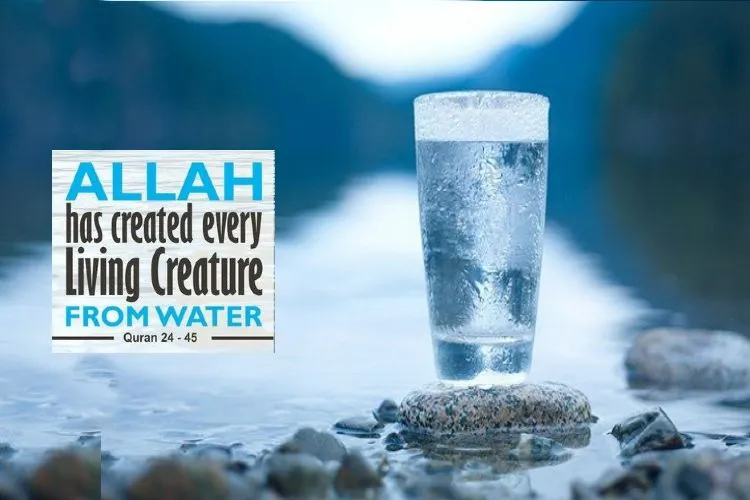
Adil Affan
Water is the most precious blessing on the planet and the most important requirement of human life since the creation of the world. It is an essential element for the continuation of life for beings and plants. Water is at the core of sustainability and vital for socio-economic development, energy production, food production, healthy ecosystems, and human existence.
With the impact of climate change on the earth, we are witnessing extreme weather around the world and its impact is creating water scarcity. However, we never understand how much water we waste daily, whether we overuse water for washing vehicles, taking long showers, flushing the toilet, washing dishes excessively, brushing our teeth or in the shower. We tend to spend extra time simply because we feel comfortable, whereas a large number of people around the world do not have easy access to water.
World Water Day
As we know there are four basic elements of the universe. They are fire, earth, air, and water. These are divided into two major groups, living things, and non-living things. Apart from water, the other three elements can only form inanimate objects; they cannot form living bodies.
Only water can make a living body. If there is no water, there will be only non-living things in this universe. Hence it is rightly said that 'Water is life.' In the Holy Qur'an, it is mentioned, '' We made every living thing out of water". Leonard da Vinci said, "Water is the driving force for all nature."
Some stark facts on the looming Water Crisis:
We need to consider how much water we waste every day, whereas Islamic teachings pay special attention to conservation and judicious use of water. The wastage or excessive use of anything is strictly forbidden. Allah says in the Holy Qur'an, "And do not waste excessively, Allah does not love those who destroy." (31: Al-Sharaf). There are a large number of communities that do not have access to clean water, they face unimaginable hardships, women and children have to walk for hours to get some water. The scarcity of water has also harmed the standard of living of the residents of the Middle East.
Islam encourages giving water as charity. The Arabian Peninsula is facing a major problem due to desertification and water crisis, which is also causing great environmental challenges. How important is water?
It can be understood that once the Prophet Muhammad was asked, "Which charity is the best?" He replied, 'Pani' (Abu Dawood). There is also a prophetic tradition, which sheds light on the value of water. It goes like this, "A little dog in need of water was assisted by a man, who with great difficulty descended to the bottom of the pit, grabbed his shoe with his mouth to fill it with water, and then the little dog drank it. Due to this noble act, that person was honored with the divine grace 'Janna'.
The donation of water saves lives, which is highly commendable and is considered a great charitable act in Islam to give water to other living things on earth. Such an act is highly rewarded and brings us closer to Almighty Allah.
The Qur'an talks about rain, fountains, and rivers as symbols of Allah's goodness to humans. Allah says, "And whoever saved the life of one, it is as if he has saved the whole of humanity."
Think of it: every time you gift water, it sustains or saves a life. It is as if you have saved the entire human race. Therefore, this precious and most valuable natural resource must be used with the highest degree of respect and responsibility, and individually and collectively alike.
(The author is a research scholar at Jamia Millia Islamia University, New Delhi)
